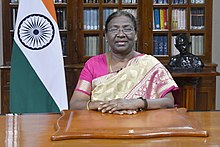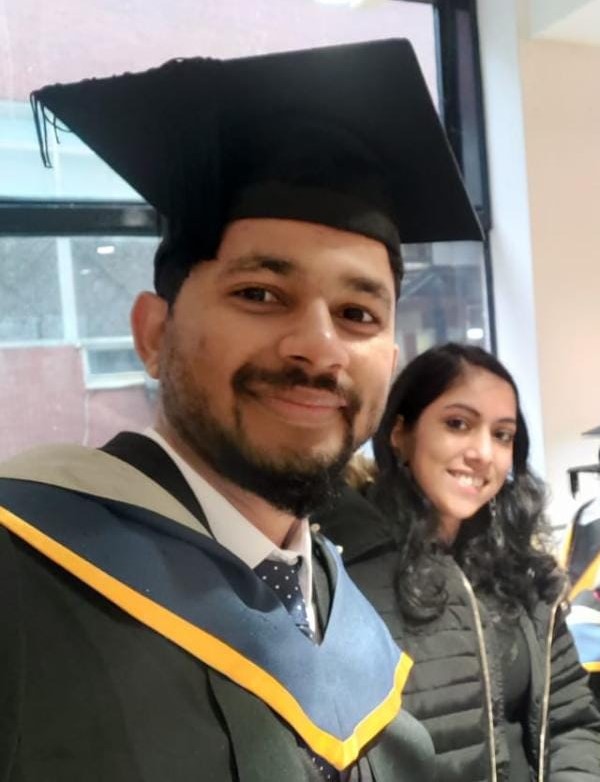The anointment of Droupadi Murmu as the President of the Republic, especially in the 75th year of India’s independence, manifests a special moment of social empowerment: such as empowerment of Dalits, and indigenous people.
In the recent Presidential election, Droupadi Murmu got elected as the 15th President of India. Her elevation to the position of the country’s head of state is hailed as a historic moment. This is primarily because Murmu is India’s first tribal and the youngest woman President. Murmu’s thumping victory in the presidential election has been rapturously welcomed by all sections transcending the political spectrum.
Murmu’s inspirational journey from her humble origins as a tribal leader from Rairangpur in the Mayurbhanj district in Odisha to the Rashtrapati Bhavan is an undeniable testimony of India’s democratic credentials. She started her political career at the grassroot level in the local body, eventually got elected as BJP MLA and worked as a minister in the BJD-BJP government in Odisha from 2000 to 2004. She also served as the Governor of Jharkhand from 2015 to 2021
The 64-year-old former governor of Jharkhand state was nominated by the ruling Bharatiya Janata Party (BJP), which controlled enough seats in federal and state legislatures to install its preferred nominee in the presidency. Murmu will be the first Indigenous person and second woman to serve as India’s head of state
Those in India’s Indigenous population, also known as the Adivasi, or “original inhabitants,” have long lagged behind the rest of the country in literacy rates. Nearly half live below the poverty line, and tribal communities that dot India’s eastern forests have for decades battled land grabs by developers backed by the state.
As the vote neared this week, Murmu’s supporters pointed to her record of blocking legislation that would have made it easier to build on tribal land
Since the declaration of her candidature as NDA’s presidential nominee, there has been celebration in the tribal communities across the country as her rise to India’s highest constitutional office embodied a sense of symbolic emancipation and recognition of the marginalised tribal people in India. Her background and her previous efforts to protect tribal land rights during her stint as Jharkhand governor raise the that as president she will boost the focus on the marginalisation and plight of the ST community in the country and will ensure greater protection of these vulnerable sections of the society.
Murmu will “be an outstanding President who will lead from the front and strengthen India’s development journey,” by Prime Minister Modi




